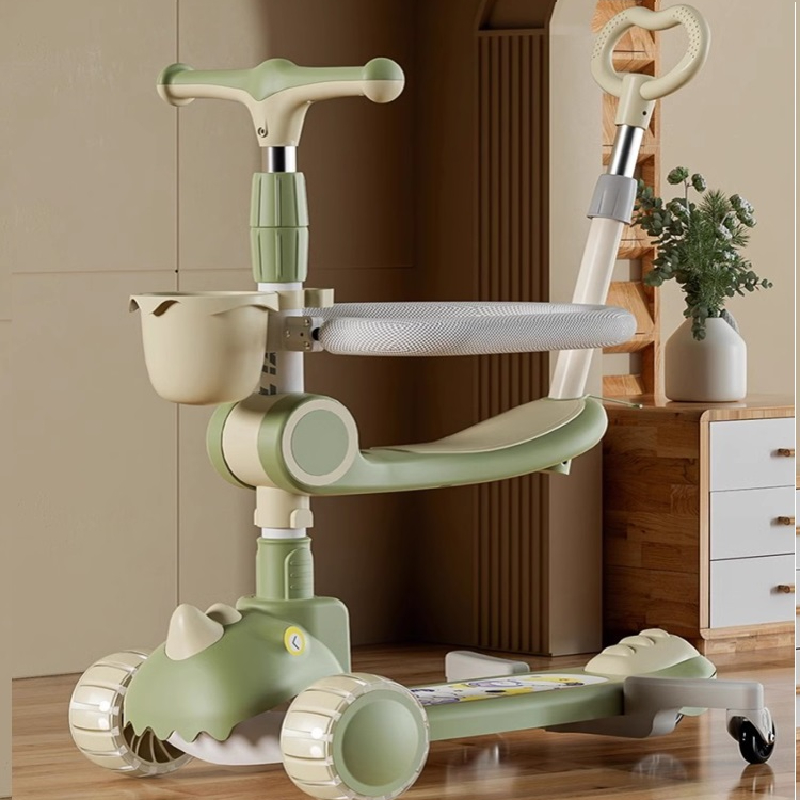scooter small or big wheels
Scooter Wheels Small or Big – Which One is Right for You?
When it comes to choosing a scooter, one of the most critical decisions you'll face is whether to opt for small or big wheels. This choice can significantly affect your riding experience, comfort, and the overall performance of the scooter. In this article, we’ll explore the advantages and disadvantages of both small and big-wheeled scooters to help you make an informed decision.
Understanding Wheel Sizes
Scooters typically come with wheels ranging from 100mm to 200mm in diameter, and sometimes larger. The wheel size can greatly influence how the scooter handles various terrains, how comfortable the ride is, and its portability.
Small Wheels Pros and Cons
Advantages
1. Lightweight and Portable Scooters with smaller wheels are usually lighter, making them easier to carry and transport. If you need to take your scooter on public transportation or store it in a tight space, a smaller wheel scooter may be more convenient.
2. Better for Tricks If you’re looking to perform tricks or stunts, a scooter with small wheels provides superior maneuverability and control. The smaller diameter allows for easier pivoting and movement, making it popular among freestyle riders.
3. Cost-Effective Typically, smaller-wheeled scooters are less expensive than their larger counterparts. If you’re on a budget or just starting, a smaller scooter can be a great introduction.
Disadvantages
1. Less Stability Small wheels can be less stable, especially on uneven surfaces. They tend to get caught in cracks or potholes, which can result in a jarring ride or even falls.
2. Limited Speed While small wheels provide a responsive ride, they may not offer the same speed capabilities as larger wheels. Riders looking for a fast commuter scooter may find small wheels limiting.
scooter small or big wheels

Big Wheels Pros and Cons
Advantages
1. Smooth Ride Larger wheels generally provide a smoother ride as they roll over obstacles and rough surfaces more efficiently. This is particularly beneficial for commuting on city streets or uneven terrains.
2. More Stability Bigger wheels offer better stability, thanks to a larger contact area with the ground. This can enhance rider confidence, especially when navigating turns or riding at higher speeds.
3. Higher Speed Potential Larger wheels can maintain speed more effectively, making them ideal for long-distance commuting. If you’re using your scooter as a primary means of transportation, you’ll likely appreciate the speed benefits.
Disadvantages
1. Bulkier and Heavier Scooters with larger wheels are usually heavier and bulkier, which can make them harder to carry and store. This might be a concern for individuals who need to transport their scooters frequently.
2. Less Maneuverable While larger wheels provide stability, they can also make tight turns and tricks more challenging. If you’re interested in stunts or tight maneuvers, you may find big wheels to be a drawback.
3. Higher Cost Generally, scooters with larger wheels are more expensive due to their added features and materials. If you’re on a budget, this could be a deciding factor.
Conclusion Which is Right for You?
The decision between small or big wheel scooters largely boils down to your personal riding style and intended use. If you’re focused on tricks, commuting short distances, or need a lightweight option, a scooter with small wheels could be the best choice. However, if you prioritize comfort, stability, and speed for longer rides, a scooter with big wheels may better suit your needs.
Ultimately, testing out both types, if possible, can provide valuable insights into which style feels more comfortable and aligns with your riding goals. Each has its unique benefits and limitations; choosing wisely will enhance your overall scooter experience. Whether you choose small or big wheels, the joy of riding a scooter is undeniable. Happy scootering!
-
Children's Tricycle: Enlarged Seat, Sunshade & Safety Push BarNewsAug.31,2025
-
Sports Kids Bike: High Carbon Steel Argon Arc Welded Frame | Beautiful GiftNewsAug.30,2025
-
Ultimate 24V Children's Car: Power, Fun & Safety for KidsNewsAug.29,2025
-
Children's Electric Car Ride Ons: 2-Seater, Bumper & Audi ModelsNewsAug.28,2025
-
Understanding Voltage in Battery for Children's Motorized CarNewsJun.05,2025
-
Safety Features to Look for in an Electric Car for KidsNewsJun.05,2025
